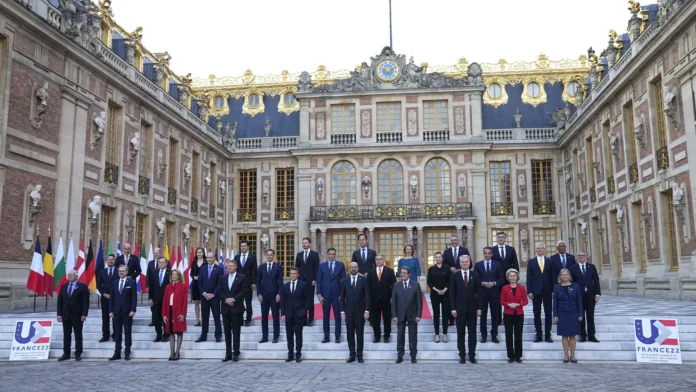Author: The Editors (Editor-in-Chief Judah Grunstein)
Affiliation: World Politics Review
Organization/Publisher: World Politics Review
Date/Place: May 16, 2022/USA
Type of Literature: Analysis
Word Count: 1970
Keywords: EU, Internal Vulnerability, External Challenges
Brief:
In recent years, the liberal European order that evolved after WWII and spread following the Soviet Union’s fall has been under attack. Anti-EU sentiment has been interwoven into a broader populist platform of protectionism and opposition to immigration, making the European Union—the ultimate embodiment of the European project—a convenient punching bag for opportunistic politicians in many member nations. Although the populist wave that once threatened the union’s existence has abated, remnants of it still linger. The European debt crisis in the early 2010s, followed by the refugee crisis in 2015, spurred the development of far-right and populist parties across Europe and raised doubts about the union’s long-term viability for a period. The surprising result of the Brexit referendum in the United Kingdom in 2016 heightened those fears. Hungary and Poland have authoritarian administrations, and a far-right contender made it to the second round of France’s presidential election this year. The coronavirus pandemic showed the EU’s challenges in providing effective collective solutions to a crisis in which each member state, at least initially, was looking out for itself. Despite such internal threats to the EU’s long-term viability, many European politicians strive to establish Europe as an autonomous pole in an increasingly multipolar globe. However, to reach that goal, the EU will need to overcome internal differences and external threats to formulate a cohesive collective foreign and security strategy backed by a credible military deterrent. There are numerous external threats, the most visible of these is Russian President Vladimir Putin. Even as Brussels strives to carve out an autonomous position amid the strategic conflict between Washington and Beijing, the EU must manage an increasingly complex relationship with China, combining areas of cooperation with elements of strategic rivalry and hostility. Meanwhile, Brussels must better manage its relations with EU periphery states like Türkiye and Belarus by fulfilling its obligations and upholding international laws even when inconvenient to the EU.
By: Jemal Muhamed, CIGA Research Associate




